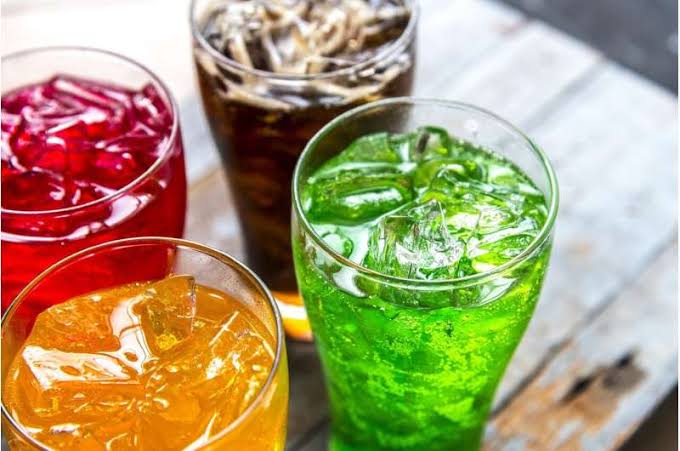New research from Washington University (WashU) in St. Louis has found that dietary fructose promotes tumour growth in animal models of melanoma, breast cancer and cervical cancer.
According to the study published on December 4 in the journal ‘Nature’.fructose does not directly fuel tumours, Instead, WashU scientists discovered that the liver converts fructose into usable nutrients for cancer cells, a compelling finding that could open up new avenues for care and treatment of many different types of cancer.
“The idea that you can tackle cancer with diet is intriguing,” said Gary Patti, the Michael and Tana Powell Professor of Chemistry in Arts & Sciences and a professor of genetics and of medicine at the School of Medicine, all at WashU.
“When we think about tumours, we tend to focus on what dietary components they consume directly. “You put something in your body, and then you imagine that the tumour takes it up,” Patti said.
“But humans are complex. What you put in your body can be consumed by healthy tissue and then converted into some – thing else that tumours use.”
“Our initial expectation was that tumour cells metabolise fructose just like glucose, directly utilising its atoms to build new cellular components such as DNA.
“We were surprised that fructose was barely metabolised in the tumour types we tested,” said the study’s first author, Ronald Fowle-Grider, a postdoctoral fellow in Patti’s lab.”















